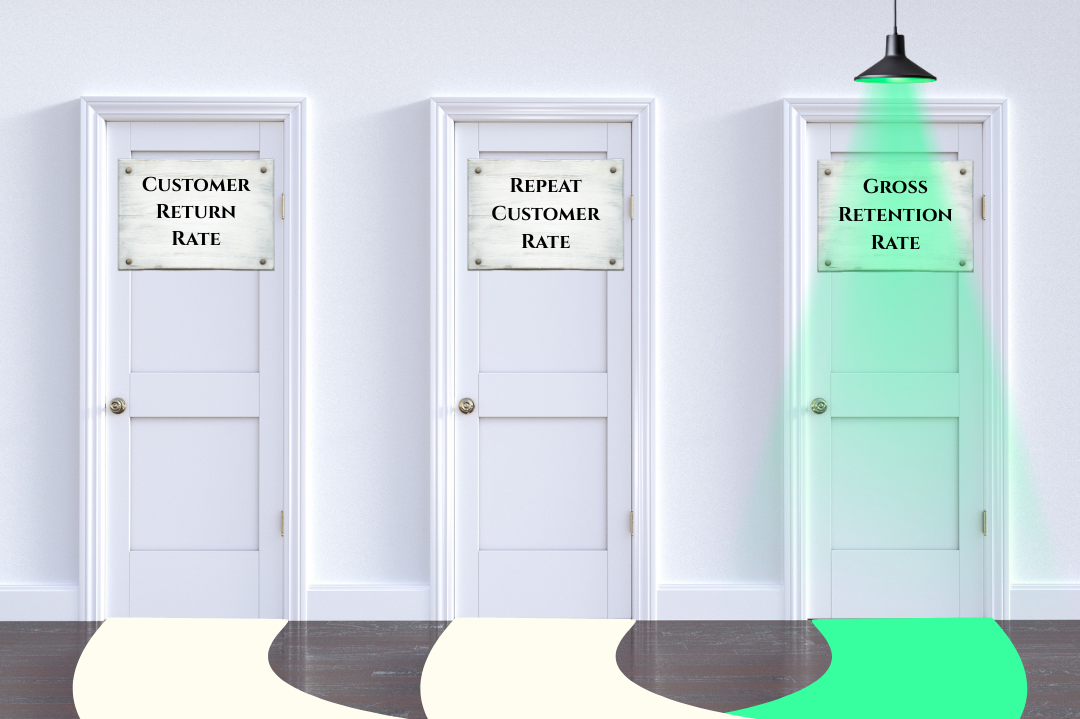.png)
Growing brands must invest in their existing customers and develop them into brand advocates who can authentically represent the brand and extend its reach significantly. In this article, we will refer to and develop brand advocates as "Micro-influencers."
Who are these "Micro-influencers"? They are customers who are completely loyal to a brand, its offerings, and its culture and are excited about promoting its products and services to new prospects organically. Such organic advocates began gaining prominence with Millennials, and now, with Generation Z, also known as Zoomers, organic advocates are increasingly popular. This rise can be understood given changing consumer behaviors. Today's consumers are not convinced by paid endorsements. What attracts us most are authenticity and reliability; hence, we give more attention to experiences and reviews of people close to us. As a result, we are more likely to trust brand supporters over paid influencers in the social media realm today.
Though numerous reasons make micro-influencers important for businesses, their vitality stems from significant changes in the business environment. Gradual generational changes have caused the entire business ecosystem to evolve. Starting from Millennials to current Zoomers and the upcoming Alpha generation, consumer behavior has developed and fundamentally impacted business dynamics and operations. Additionally, the evolution of the digital landscape has become an added battlefield where every brand fights for survival. With existing brands struggling to retain market share and equal new players trying to enter and gain share, the only aspects that can save any brand from losing are customer loyalty and willingness to adapt. The sooner a brand adapts and earns the trust and confidence of its customers, the sooner it will be able to transform them into brand advocates and preserve and grow its market.
Brands that understand and adopt the attributes of new generations, like Zoomers, can find multiple opportunities to rebuild capabilities. Micro-influencers have evolved out of existing customer bases due to their strong loyalty, ethics, and brand beliefs. They act as silent brand advocates by recommending and promoting a brand's products within their circles and networks.
In comparison, while "micro-influencers" are becoming more popular, paid influencers such as macro and celebrity influencers are fading due to a lack of credibility and genuine product usage and affection, which is quite expensive with minimal returns.
Micro-influencer promotions are organic and thus deemed more genuine and honest than paid marketing. Potential customers have more propensity to try products and become regulars. Brand advocates require low investment as brands ideally invest in nurturing customer relationships and providing superior products/services to develop loyal customers. They increase brand visibility and values by spreading messages with little effort but significant impact. More brands are moving toward in-depth engagement with communities to transform them into loyalists. Studies show investing in brand advocacy enhances retention and profits significantly.


.png)


